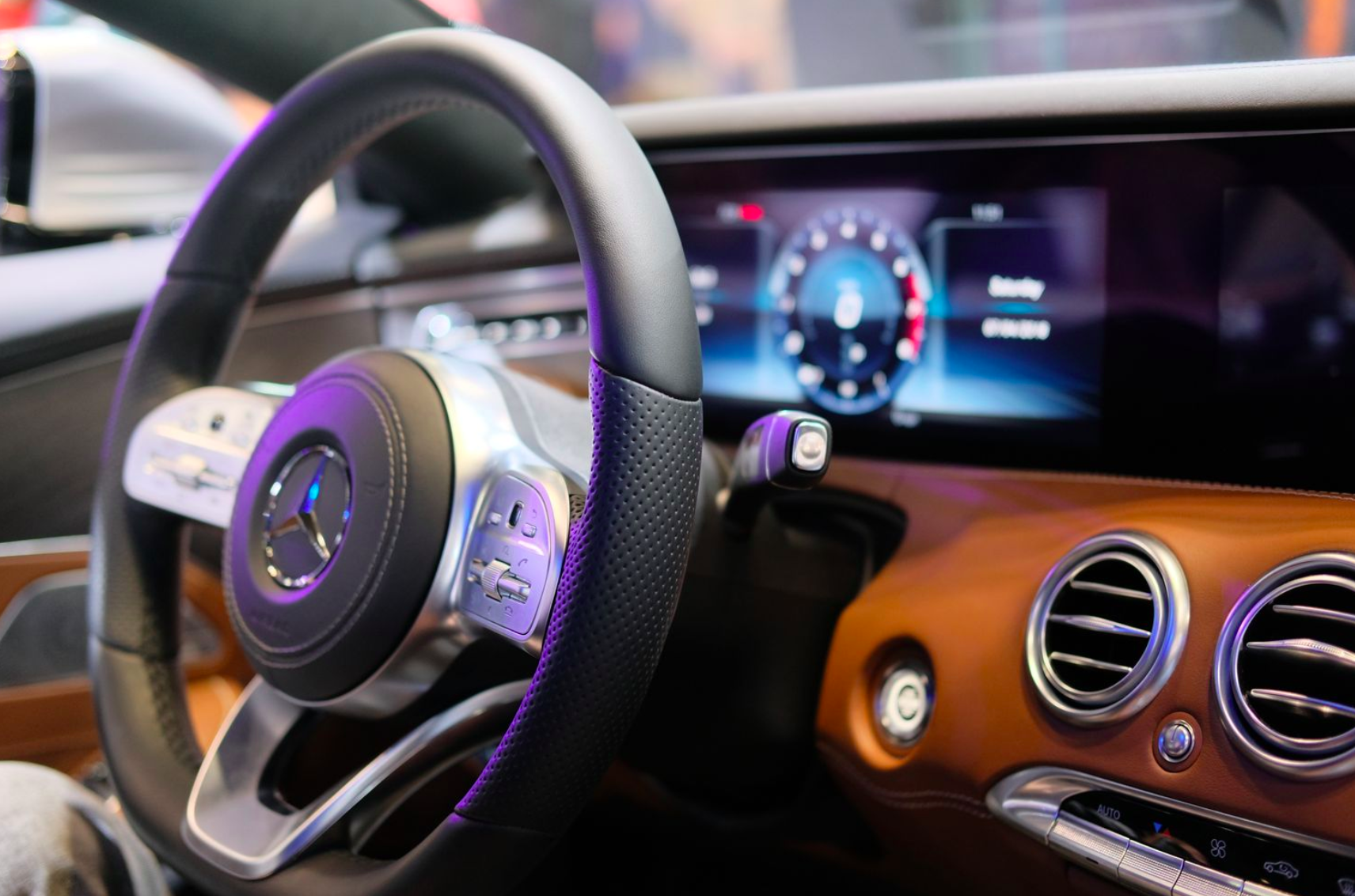
The Future of AI in Autonomous Vehicles
As technology continues to evolve at a rapid pace, one of the most groundbreaking advancements is the development of autonomous vehicles (AVs). At the heart of this innovation is Artificial Intelligence (AI), which plays a crucial role in enabling vehicles to navigate and make decisions without human intervention. This blog post delves into the future of AI in autonomous vehicles, exploring its current state, potential advancements, and the impact it could have on our daily lives.
Current State of AI in Autonomous Vehicles
Before we dive into the future, it’s essential to understand where we currently stand with AI in autonomous vehicles. Major automotive companies and tech giants like Tesla, Waymo, and Uber have already made significant strides in developing self-driving cars. These vehicles use a combination of AI, machine learning, and advanced sensors to perceive their surroundings and make driving decisions.
AI Technologies in Use
Current autonomous vehicles rely on several key AI technologies, including:
- Computer Vision: Utilizes cameras and image processing to understand the vehicle’s environment.
- Machine Learning: Enables the vehicle to learn from data and improve its decision-making over time.
- Lidar and Radar: These sensors provide real-time data about the car’s surroundings, helping it navigate safely.
Levels of Autonomy
The development of autonomous vehicles is often categorized into different levels, ranging from Level 0 (no automation) to Level 5 (full automation). Currently, most commercially available autonomous vehicles operate at Level 2 or Level 3, which still require some human intervention.
Potential Advancements in AI for Autonomous Vehicles
The future of AI in autonomous vehicles is promising, with numerous advancements on the horizon that could revolutionize transportation. Here are some key areas where we can expect to see significant progress:
Enhanced Perception and Decision-Making
As AI algorithms become more sophisticated, autonomous vehicles will be able to perceive their surroundings with greater accuracy and make more informed decisions. Techniques such as deep learning and neural networks are expected to play a significant role in enhancing the vehicle’s ability to recognize objects, predict pedestrian behavior, and navigate complex environments.
Improved Safety and Reliability
Safety is a paramount concern for autonomous vehicles. Future advancements in AI will focus on minimizing accidents and improving the overall reliability of self-driving cars. For example, AI systems could be designed to better handle unexpected situations, such as sudden changes in weather or road conditions, ensuring a safer driving experience.
Integration with Smart Infrastructure
The future of autonomous vehicles is closely tied to the development of smart infrastructure. AI-driven cars will benefit from communication with smart traffic lights, road sensors, and other connected devices, enabling a more efficient and coordinated transportation system. This integration will lead to reduced traffic congestion and improved fuel efficiency.
Impact of AI in Autonomous Vehicles on Society
The widespread adoption of autonomous vehicles powered by AI will have a profound impact on various aspects of society, including:
Transportation Efficiency
AI-driven autonomous vehicles have the potential to transform the way we travel. With optimized route planning and reduced traffic congestion, these vehicles can significantly improve transportation efficiency. This could lead to shorter commute times, decreased fuel consumption, and lower greenhouse gas emissions.
Urban Planning and Infrastructure
The rise of autonomous vehicles will also influence urban planning and infrastructure development. Cities may see a reduction in the need for large parking lots, as self-driving cars can drop passengers off and park themselves in more efficient locations. Additionally, the design of roads and intersections may evolve to accommodate the unique capabilities of autonomous vehicles.
Economic and Job Market Shifts
The widespread adoption of autonomous vehicles will inevitably lead to economic shifts and changes in the job market. Industries such as logistics, transportation, and automotive manufacturing will experience significant transformations. While some jobs may be displaced, new opportunities will arise in fields related to AI development, vehicle maintenance, and smart infrastructure.
Actionable Tips for Embracing the Future of AI in Autonomous Vehicles
As we move towards a future where AI-driven autonomous vehicles become commonplace, it’s essential to stay informed and prepared. Here are some actionable tips to help you embrace this technological revolution:
Stay Informed
Keep up with the latest developments in AI and autonomous vehicle technology. Follow reputable news sources, attend industry conferences, and participate in online forums to stay updated on emerging trends and breakthroughs.
Invest in Education and Skills
As the job market evolves, consider investing in education and skills that are relevant to the autonomous vehicle industry. Courses in AI, machine learning, and data science can provide valuable knowledge and open up new career opportunities.
Advocate for Smart Infrastructure
Support initiatives that promote the development of smart infrastructure in your community. Advocate for the integration of AI-driven technologies in transportation planning and infrastructure projects to ensure a smoother transition to autonomous vehicles.
Conclusion
The future of AI in autonomous vehicles is both exciting and transformative. As AI technologies continue to advance, we can expect significant improvements in vehicle perception, decision-making, safety, and efficiency. The widespread adoption of autonomous vehicles will have far-reaching impacts on transportation, urban planning, and the economy. By staying informed and embracing the changes ahead, we can navigate this technological revolution and unlock the full potential of AI-driven autonomous vehicles.

